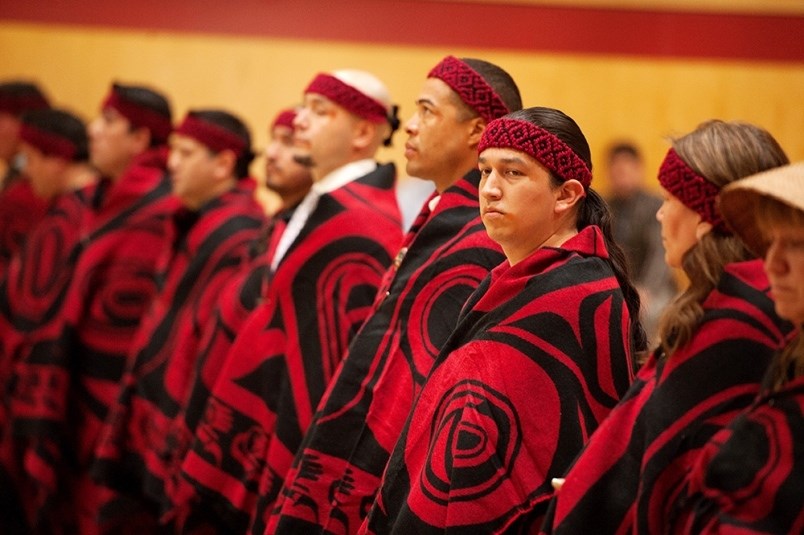What happened: First Nations critical of the Trans Mountain pipeline expansion are expressing frustration and disappointment over the federal government’s decision to proceed with it.
Why it matters: The project could face new legal challenges from First Nations groups, further delaying a costly government project that, at present, has no set timeline.
The Squamish Nation says Canada’s court-mandated consultation with its community was a “shallow” attempt at consultation that has failed to address the nation’s concerns.
In response to the federal government’s decision to approve the Trans Mountain pipeline expansion project, the Squamish Nation said Tuesday it is weighing its options, including possible legal challenges.
“The failure to meaningfully engage with rights holders means this government is either not serious about building this pipeline or not serious about respecting Indigenous rights,” said nation spokesperson Khelsilem.
In announcing his government’s long-awaited decision, Prime Minister Justin Trudeau said Canada doubled the size of its consultation teams as it reinitiated Phase III consultations with Indigenous communities. Canada’s Minister of Natural Resources personally met with more than 60 different communities, Trudeau said.
“At the end of the day, we listened. And we are acting on what we heard,” said Trudeau, acknowledging concerns about salmon habitat, orca populations and increase tanker traffic off B.C.’s coast.
“We listened to community concerns and we are acting on community ideas.”
Some First Nations strongly disagree.
Last August, the Federal Court of Appeal unanimously ruled that Canada had failed to meaningfully address the concerns brought forward by six First Nations in British Columbia who were challenging the line.
The Tsleil-Waututh Nation, alongside Squamish Nation, was among the nations named in the court decision.
Chief Leah George-Wilson called the decision disappointing, but not surprising.
“Unfortunately, this feels too familiar – Canada repeated many of the same mistakes from last time. We will review the decision carefully with our team, and we will consider our legal options to ensure our rights are protected,” she said.
“Right now Prime Minister Trudeau is approving a project that is a violation of our stewardship rights and our law.”




